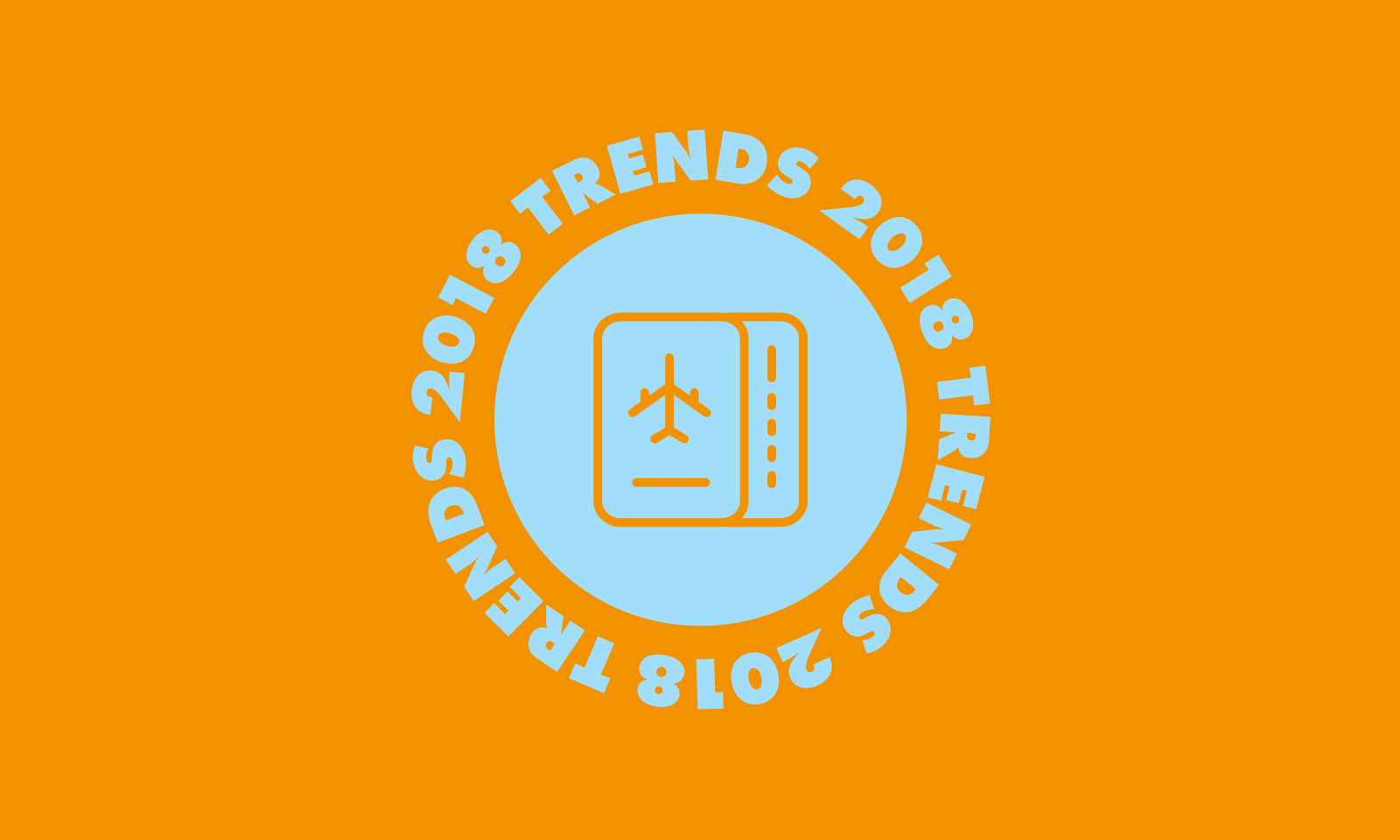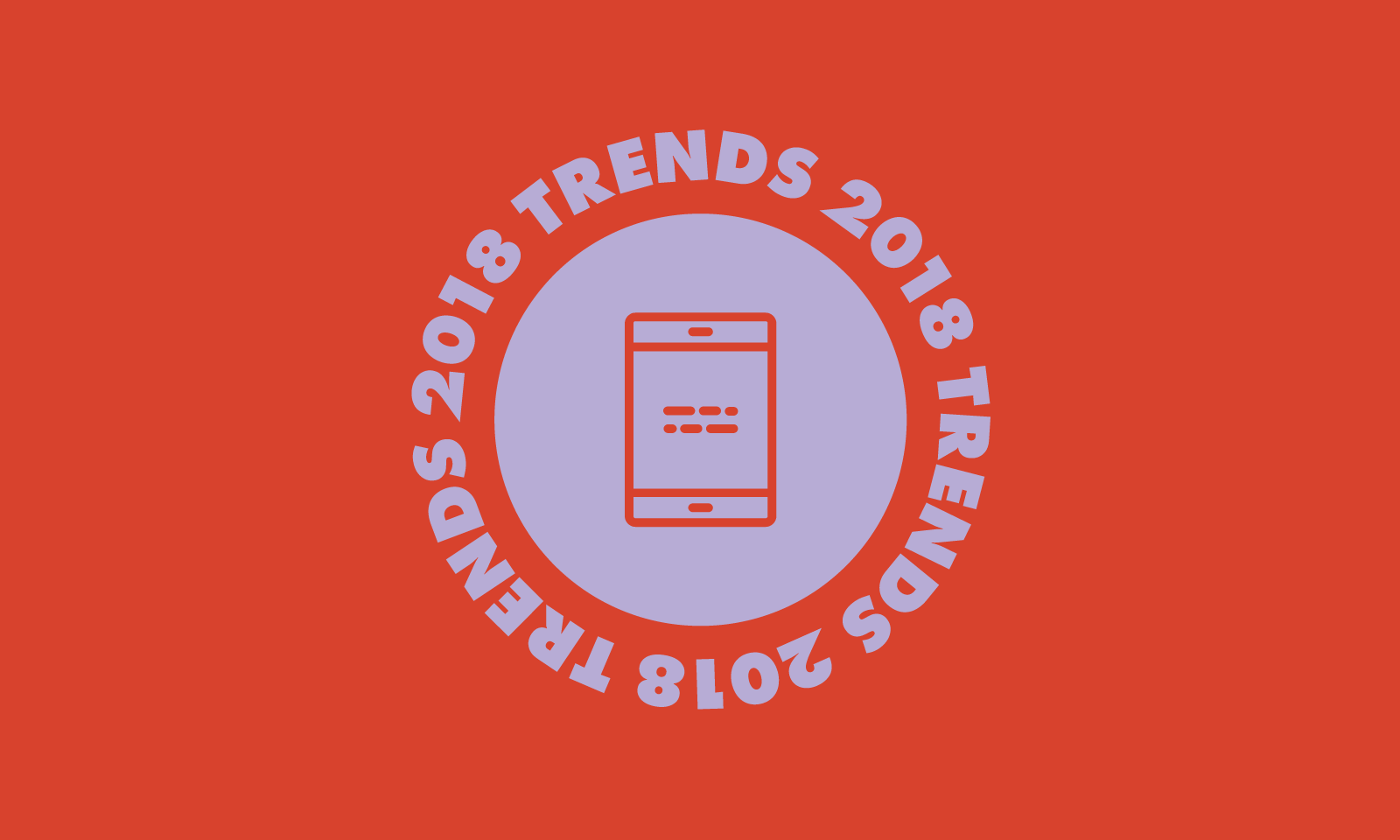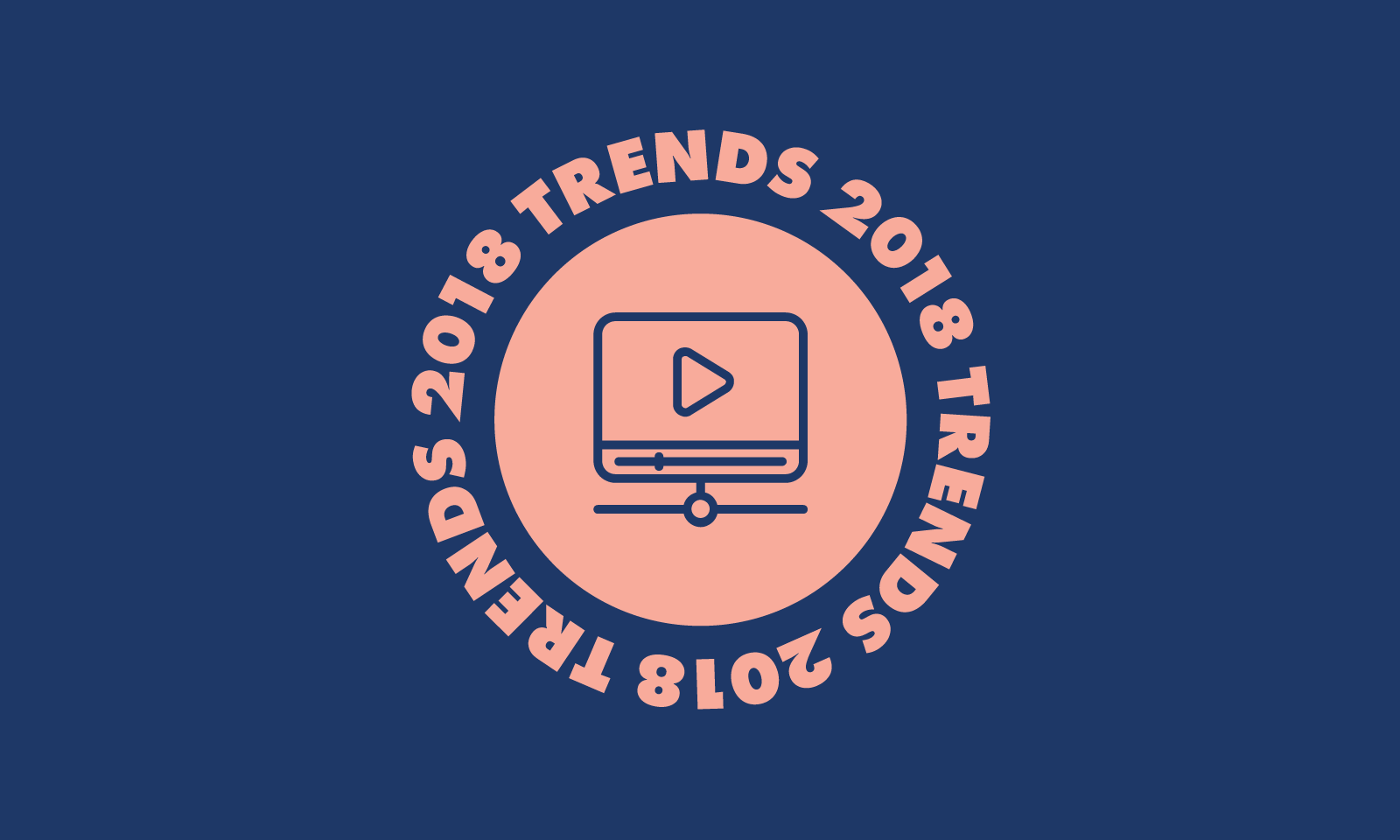Trends 2018

Artificial intelligence, creating jobs, new security standards, robots in stores and hotels, 5G and podcasts. DataArt leaders share their predictions for 2018.
Finance

- 2018 will be the year of artificial intelligence, the number of projects using AI will grow exponentially. Companies will compete fiercely, seeking to attract talented programmers with the skills to develop adaptive software, who understand the facial and speech recognition mechanisms, neural networks, etc. Contrary to fears, artificial intelligence will not force out specialists from the market. On the contrary, the spread of AI will create new jobs and even new professions.
- The complexity of new AI programs will require higher safety standards. By providing the necessary information to such programs, it is difficult to protect customers from unauthorized use. Implementing multi-level data protection systems will have to not only financial sector companies, but also all who work with personal data: booking services, medical and engineering organizations, online stores, etc.
- For the analysis of financial data will be increasingly used mechanisms of machine learning. First of all, this will affect unstructured data, such as company and customer news. Better analysis of texts on companies, markets and internal communications of financial organizations will allow generating effective investment ideas and fighting the unfair behavior of market participants. And new processing technologies will allow using a wider range of data to manage investment risks.
- The development of AI technologies will lead to revolutionary changes in the regulation of financial markets. Artificial intelligence can help banking systems avoid collapses and domino effects. The fact is that AI can identify models that people cannot recognize, compare data from different periods with greater accuracy and speed. This will allow you to more accurately predict scenarios.
- The user experience digitalization will remain a priority. People are used to convenient solutions and interfaces (such as applications for calling a taxi), and they want the services of banks to be similar to them. Mobile banking should be accessible from a mobile phone, and management - intuitive, - users will not waste time on poor-quality solutions. Companies that fail to provide comfort risk losing customers.
- The importance of operational risk management (ORM) will increase - top managers who have failed to assess the risks will simply lose their jobs. To do this with outdated systems, which are still used by many financial institutions, is difficult. But artificial intelligence will solve this problem without large-scale reorganization.
- More and more people will understand the advantages of the blockchain and other technologies of the distributed registry (DLT), which will lead to their significant distribution (not associated with the growth of cryptocurrency). Good prospects for new types of blockchain, as well as its use with other technologies, for example, IoT. In 2018, DLT will be used more frequently in international translations, supply chain management systems, as well as for storing personal data with KYC (know your customer) and electronic identification.
Travels

')
- Travel companies continue to invest in analyzing personal user preferences. Machine learning and artificial intelligence are gaining momentum: companies are interested in automating simple business processes. More recently, orders and wishes of customers manually gathered in their personal profiles. Now the majority of major travel agencies and hotels automatically take this information into account when creating new offers. The next step is the prediction of wishes. For example, accommodation options at ski resorts before the start of the season will be offered to those who have already booked hotels before for a holiday in the mountains.
- Speech technology in the tourism industry may soon overshadow the popularity of mobile applications. Installed on mobile devices, in the homes and offices of users, voice assistants can take on the functions of travel agents. They can be charged with booking tickets, hotels, transfers, viewing the weather forecast, studying restaurant reviews and building routes between places of interest. In this case, the assistant will offer to reserve a table in a restaurant that your friends liked. Expedia is already interested in partnering with Amazon Alexa for booking with voice commands.
- The technologies of virtual and augmented reality will give travelers a more accurate idea of where they are going - they can be used to see in advance how a hotel room actually looks or the beach closest to the place of residence. Marriott, Best Western, Kayak, Carlson Rezidor and Airbnb already use these technologies when booking rooms, and in the coming year there will be more such companies. Virtual reality technology will become more accessible, and its capabilities as a new channel for promoting services will be used more often.
- Robots will begin to work at the reception and will be engaged in room service, they will be used for information support and entertainment of guests. Robotic Process Automation (RPA) will improve the quality of routine procedures, while reducing costs.
Health care

- Hospitals and pharmaceutical companies will take a keen interest in blockchain, using it to analyze patient data for research purposes. In addition, transferring medical records to the blockchain, which are now stored on hospital servers, will allow patients to independently manage their own data. For example, they will be able to sell such data to pharmaceutical companies or offer full access to them to the insurance company in exchange for a discount.
- The development of artificial intelligence technologies in telemedicine will accelerate as machine learning and natural language processing methods spread. This will provide clients with a personalized experience and reduce costs in the healthcare system. In DataArt created a prototype of the application to demonstrate the capabilities of AI and ML in medicine. It is a telemedicine platform connected to IBM Watson, a program that transforms voice into text. Watson listens to the conversation between the patient and the doctor and writes it in a journal, which significantly reduces the workload of the doctor on the preparation of documentation and allows him to concentrate on treating patients. Another AI element reads the call log using natural language processing and integrates with the set of medical instruments proper to identify the main complaint, encode it in the electronic system and support the doctor in choosing the necessary medical measures. It is unlikely that AI will replace doctors, but it will definitely expand their capabilities and reduce the bureaucratic burden on them.
- Population health management - data aggregation and the selection of best health practices - will lead to increased investment in recovery programs and the creation of new ways of prevention for at-risk groups.
Telecom and IoT

- 5G technology will allow the development and deployment of new types of digital services. Thanks to the improved bandwidth technology will allow to combine several types of devices in IoT-system. This means that communication services will be developed for autonomous driving, augmented and virtual reality, as well as tactile Internet (a new type of communication that transmits not only information, but also tactile sensations). Korea Telecom (KT) will show a trial 5G mobile platform at the Winter Olympics. But the full implementation of the technology will happen no earlier than 2020 - telecommunications companies only schedule the deployment of networks.
- By 2020, 25 billion remote devices will be created. IoT systems will be able to link 4.4 billion of them. Digital transformation will present new opportunities for the telecommunications industry, including the construction of platforms and applications for the transport sector, agriculture, healthcare, insurance and home.
- Despite antitrust questions to AT & T / Time Warner in the United States, mergers and acquisitions in telecom will continue: since 2010, 2,400 such transactions have been announced.
Media and Entertainment

- 2018 will be the “year of the vote”, by its end more than 24.5 million Google Home and Amazon Echo devices will be sold.
- Virtual assistants will help organize meetings, order food, make purchases. For business, this opens up new advertising opportunities: companies will be able to offer ads of suitable duration and content at the right time, as well as turn to a new segment of the audience.
- In 2018, podcasting is expected to grow from 21% to 24% with the growth of social media platforms. Trust stories in the podcast format encourage the listener to act, opening up tremendous opportunities for branding, promotion and sales. At least one in four Americans has subscribed to a podcast, and that number will grow. According to a joint study by the Interactive Advertising Bureau (IAB) and Edison Research, 65% of podcast listeners are willing to buy something they learned from podcasts, and 45% of them visit the sites of sponsors of podcasts.
Retail

- Retailers will continue the digital transformation, with the changes affecting the business models themselves. The omni-channel strategy will be spread, which even the largest retail chains do not use enough. The store from the place of purchase will be transformed into a demo room: customers here can touch or try the goods before making a purchase decision on the Internet.
- Machine learning technologies will help retailers personalize messages and fine-tune customer experience. Data analysis will play a significant role in inventory management and distribution.
- To improve customer interactions, retail marketers develop single customer profiles, combining data from various channels. This will make it possible to forecast needs and take into account individual preferences, taking into account data obtained from all sales channels — mobile applications, online stores, offline retail, etc.
- Retail-oriented technology start-ups and solutions for automating robotics processes will appear. RPA can significantly reduce back office and IT support staff. Retail chains will integrate robots into supply and demand planning, order and payment processing, loyalty program management and purchasing. Using RPA, they will collect data on business processes to identify possible failures in the supply chain.
Source: https://habr.com/ru/post/374203/
All Articles